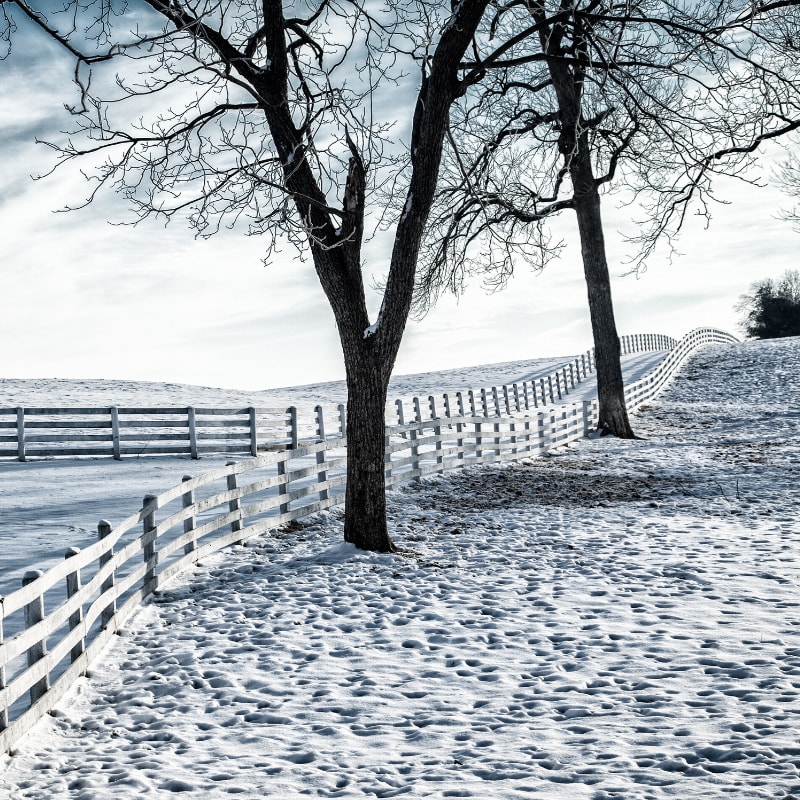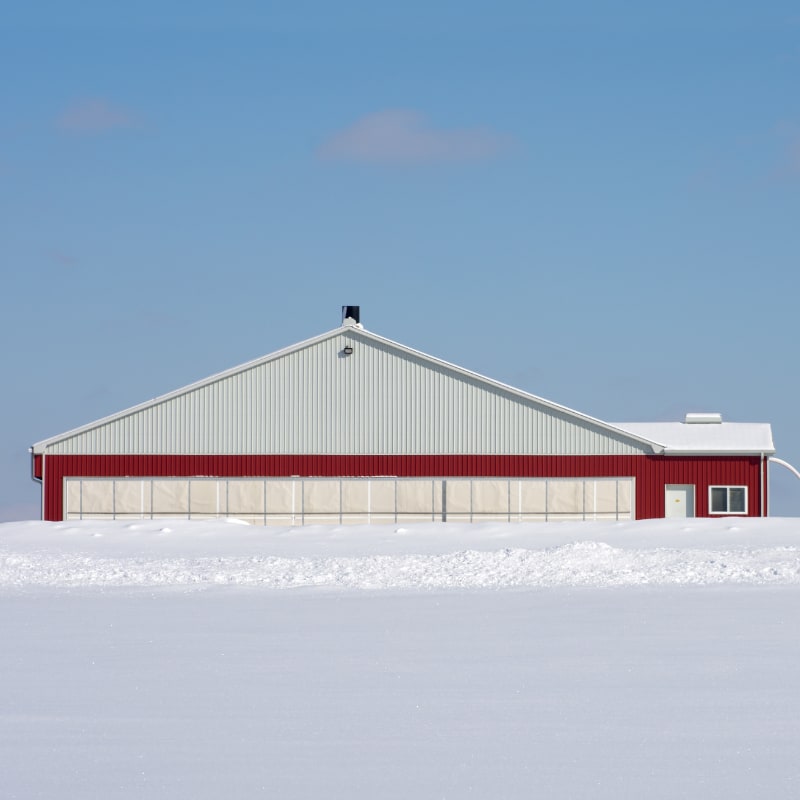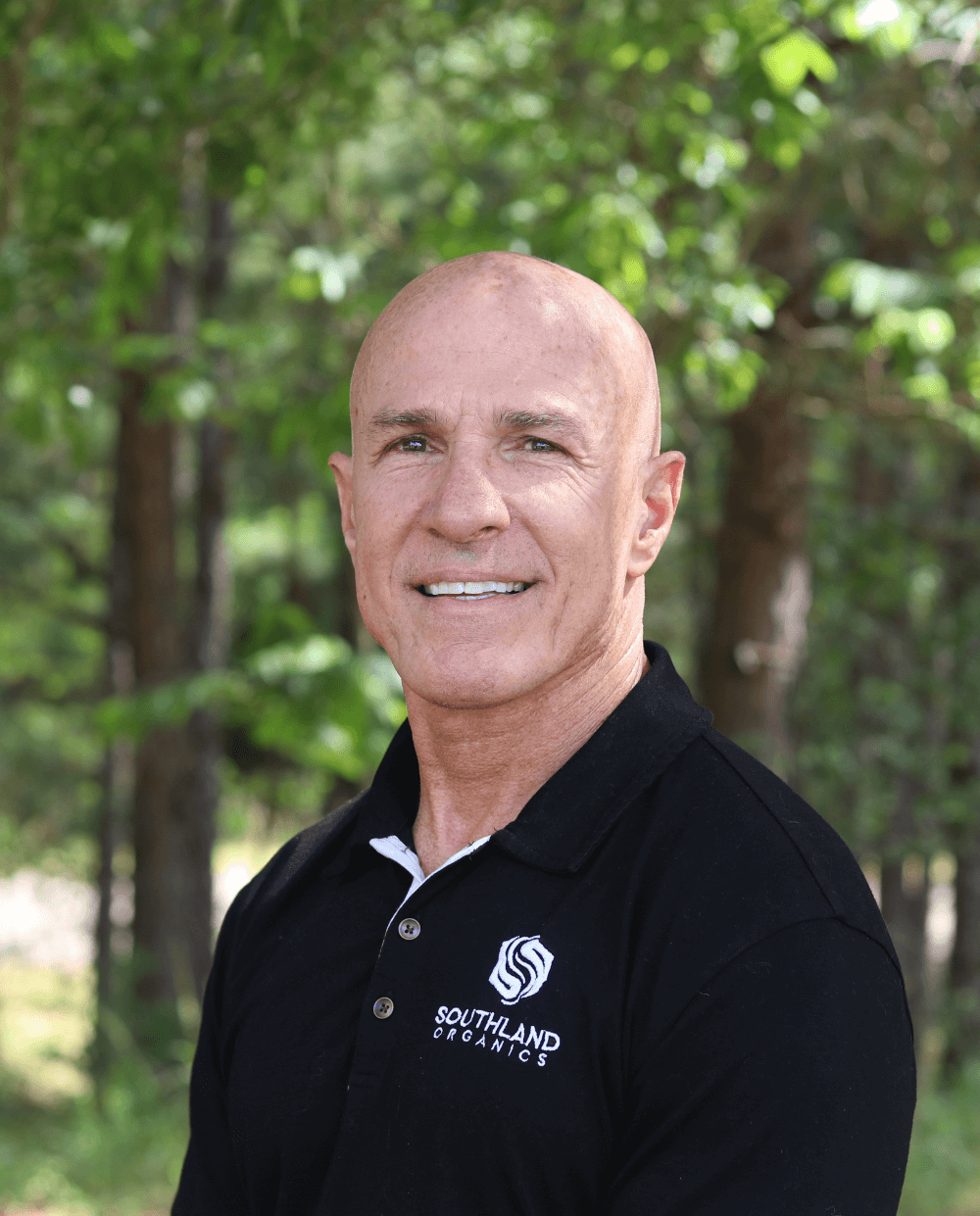In many parts of the country it's still warm, but as they say, winter is coming. Now is the time to start thinking about how you're going to prepare your farm for the winter months. This blog outlines our checklist for winterizing your farm. We organize it into three P's: Protect, Preserve and Produce.
Our Motto for Cold Weather: Protect, Preserve, Produce
Let's get into our three P's for winter preparation.
To prepare for cold weather, you need to protect what can get damaged. A lot of times the parts of your farm that are the most vulnerable to the cold are things that contain fluids. This could include diesel lines, water supply or water in your vehicles.

You'll need to preserve as much heat that already exists as you can. This makes your farm more efficient and saves you money.
Finally and most obviously, you should prepare to produce heat during cold weather.
Of course, winterization differs by area. We have customers from a wide range of latitudes, and we know that farmers in Minnesota will have to take different measures for winter than those in Florida. Our three P's outline some general guidelines for colder weather that can apply to any poultry farm.
1. Protect
Be sure to check the antifreeze on your tractors, cars and generators as well as the anti-gel and fuel stabilizers in your diesel lines.
You'll want to be really careful with any water that is stored outdoors. Cut off the water supply to your cool cells and drain your cool cells. Drain any water that will be exposed to the cold so it doesn't freeze. You could even install freeze proof hydrants.
Protect anything that could be damaged by frozen water, snow or ice.
2. Preserve
By preserving the heat that exists naturally inside your house, you can keep your birds warm and save money.
Be sure to check your attic insulation. Have any pests gotten into it and created holes? Check tunnel doors, tunnel curtains, air inlets and ventilation to get your houses as tightly sealed as possible. This will keep warm air flow from escaping.
3. Produce

You'll need to provide heat for your birds in addition to the heat that occurs naturally in your house. Make sure your LP tanks are full and gas is flowing. Make sure your heaters, thermostats, backup thermostats and sensors are working, and establish heat in your well houses.
We always want to produce heat as cheaply as possible, so you may want to consider pre-buying to get the best price possible on gas. Also, you should set your set controllers according to the recommendations from whatever company you grow for. These settings exist for a good reason and following them can keep you on good terms with your company if they come to check.
Share your winterization tips!
Do you have any winterization tips that we didn't mention here? Email Allen at allen@southlandorganics.com or comment on our YouTube video and let us know!
What about a chicken coop?
Not a poultry farmer and have a backyard chicken coop? Although farms are much different than a coop and include much more sophisticated technology, the principles are similar.
Insulate your Coop
Like a poultry house, you'll want to aim for a draft-free coop. This means sealing up any areas possible to keep cold winds from blowing through your coop and nest boxes. Egg production is typically lower during the winter, but with proper care many hens will continue laying.
Heat Lamps
To keep water in your waterers from freezing, you'll need more warm water than usual. You can add a heat lamp near your waterer or buy heated waterers. This will ensure your chickens keep getting plenty of fresh water.
Deep Litter Method
Aside from heat lamps, the deep litter method can also help keep your coop winterized. This includes adding extra bedding to your coop floor instead of fully cleaning it out. When the litter manure freezes in the winter, it won't smell and the extra litter will provide some additional heat for your chickens.
For resources designed specifically for backyard chicken growers, check out our homeowner-inspired blog!






